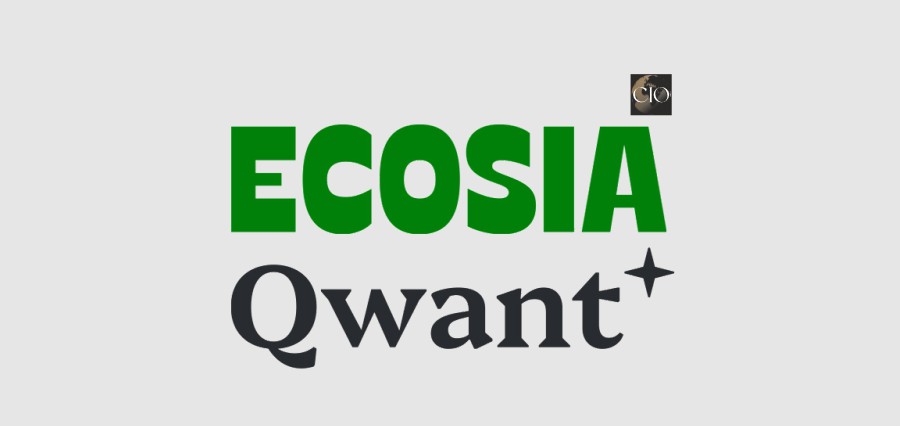A new search infrastructure founded by two leading European search engines, Ecosia and Qwant, will cut their dependence on major U.S. tech firms. The partnership, known as the European Search Perspective (EUSP), is developing a European search index and is slated to launch in France early next year, 2025.
The equal-share joint venture between Ecosia and Qwant will first expand search results in the French and German languages. Based in Berlin, Ecosia is widely recognized for an environmentally-friendly approach by planting one tree for every 50 searches conducted. Similarly, Paris-based Qwant is well known to be committed to user privacy, since Qwant does not track or sell personal data of any kind. These companies combine their efforts to create independent, privacy-focused alternatives to dominant search giants that are mainly controlled by US-based giants like Google.
Today, even smaller search engines such as Ecosia and Qwant have to depend on the base infrastructure supplied by the United States-based companies, including Microsoft, to produce their results. The new endeavor will allow both firms to construct their own search index from different sources. This is now in part made possible by the European Union’s Digital Markets Act (DMA), forcing behemoths such as Google to share their data with the competitors while ensuring fairness and competition will prevail in the digital marketplace.
The launch of EUSP is particularly timely, as smaller search engines face increasing costs due to price hikes from Microsoft for access to its Bing Search API. Olivier Abecassis, who is the CEO of Qwant emphasizes the importance of Europe having its technological infrastructure so that it can enjoy its sovereignty and not be vulnerable to risks from the U.S. external firms.
Both are ready to offer the new index of web search results for other independent search companies and tech firms to build a much more diverse, transparent digital space. The move, in the wake of increasing concerns over the dominance of US-based tech companies, as generative AI assumes greater relevance for the industry, is poised to rapidly reshape the search competitive landscape soon.

